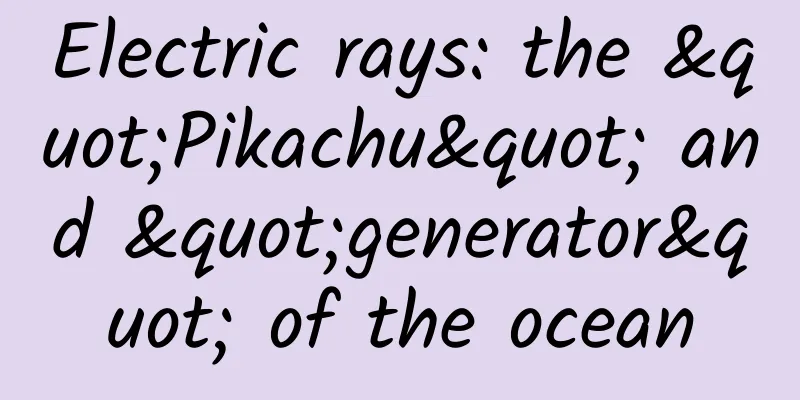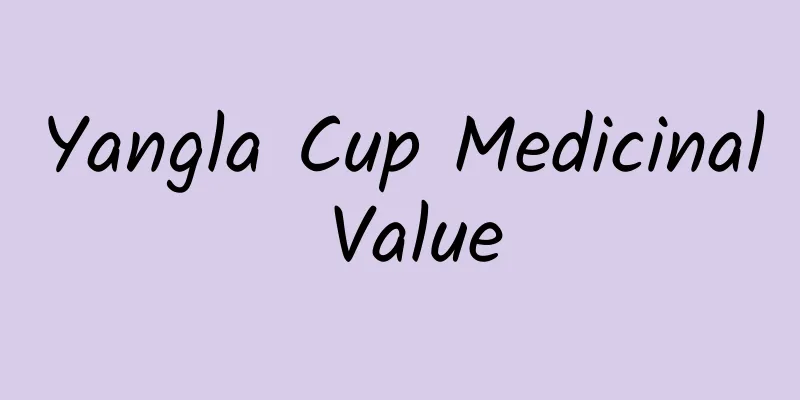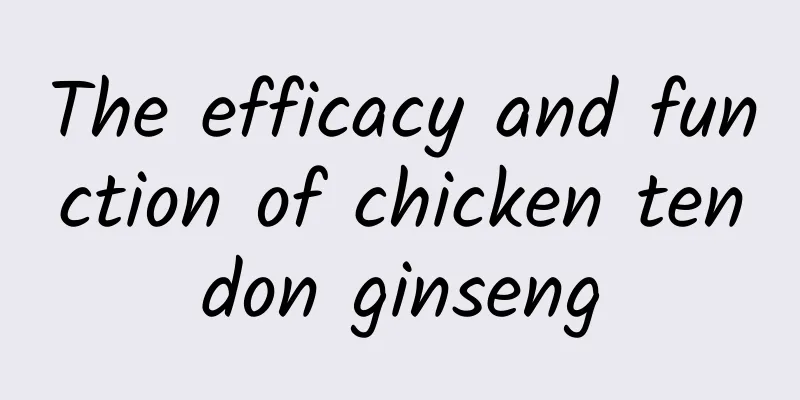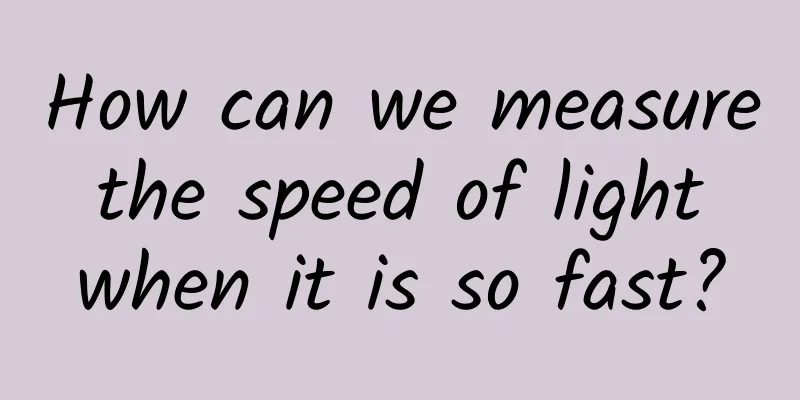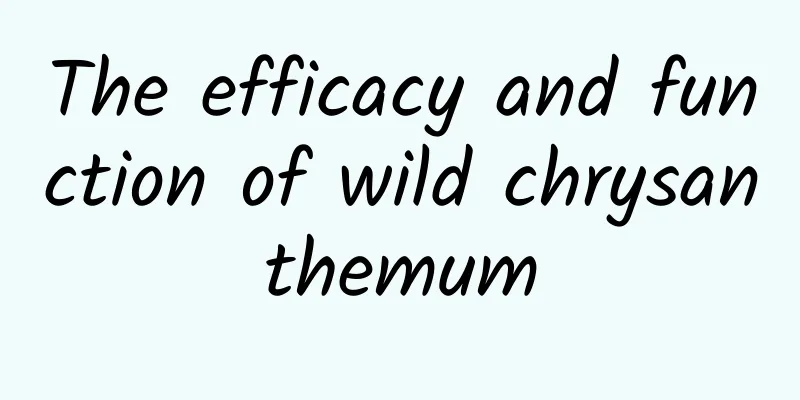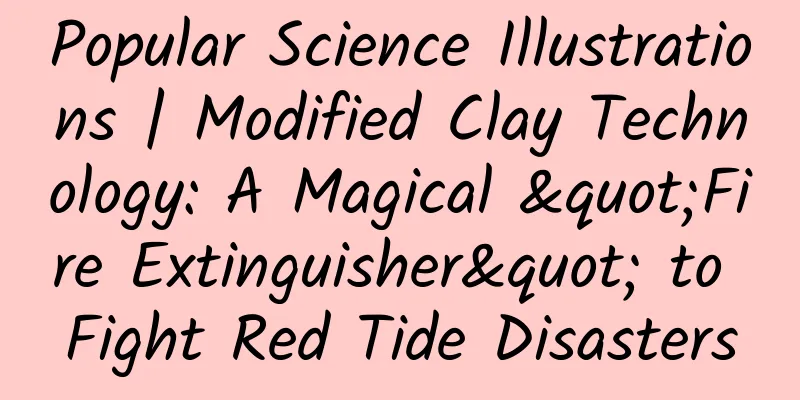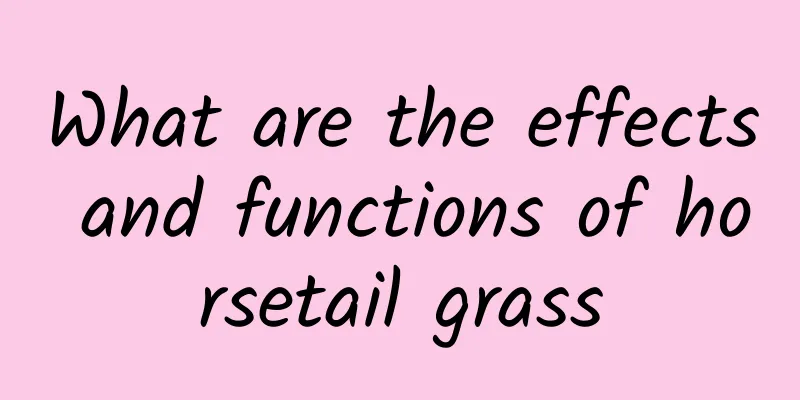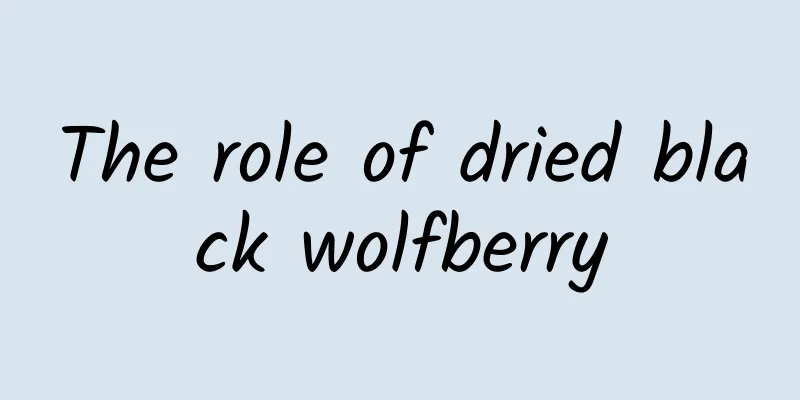What are the effects and functions of dwarf tea?
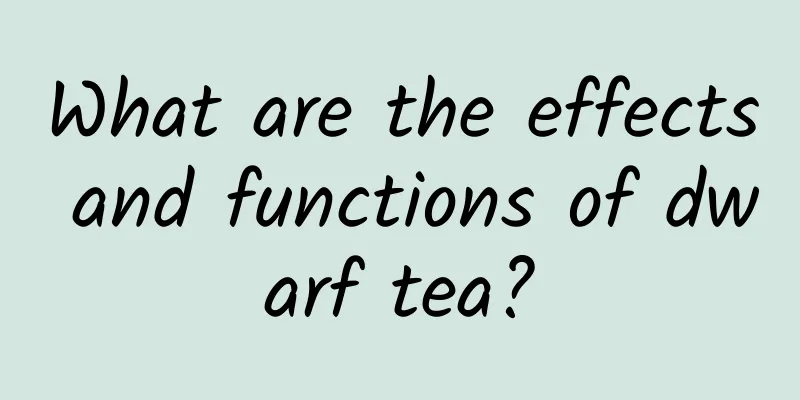
|
Dwarf tea can have a good cough-relieving effect. At the same time, it can also help with expectoration and asthma, and has a good antiviral and anti-bronchitis effect. So once you understand these effects, you can use it effectively for treatment in your life. 1. Antitussive effect: The decoction of dwarf tea and its extract, dwarf tea extract No. 1, have obvious antitussive effects on the cough caused by electrical stimulation of the superior laryngeal nerve of cats and the cough caused by ammonia spray in mice. The effect of dwarf tea extract No. 1 is particularly significant, and it may be the main antitussive ingredient of dwarf tea. The intensity of its antitussive effect is equivalent to 1/4 to 1/7 of cocaine in terms of dosage, and cats will not develop tolerance even if the drug is given continuously for 23 days. It is speculated that the site of its antitussive effect is central, possibly in the midbrain. Tea of the Unicorn and Tea No. 1 had no effect on reducing the dose of sodium thiopental in rats, no obvious analgesic effect on mice, no hypnotic effect on animals at large doses, and no obvious respiratory inhibitory effect on dogs at toxic doses. Tea No. 1 had no obvious antagonism to the respiratory excitement caused by nikethamide. This drug may be selective in its inhibition of the cough center and has no obvious inhibition on other centers. 2. Expectorant and antiasthmatic effect: The decoction of dwarf tea has a significant expectorant effect on mice by oral administration (phenol red method), and the intensity of the effect is equivalent to that of equal-dose Platycodon grandiflorum. The effect of intraperitoneal injection is even stronger, and it has no obvious irritation to the conjunctiva of rabbit eyes, indicating that its expectorant effect may be produced through absorption. The effective expectorant ingredient may be flavonoid glycosides. Oral administration of dwarf tea extract No. 1 has no expectorant effect and no obvious antiasthmatic effect (guinea pig histamine spray method). 3. Effect on respiration: Tea of the Chinese wolfberry has the effect of reducing the oxygen consumption of rat tracheal-pulmonary tissue. Tea of the Chinese wolfberry No. 1 acts on the enzyme system containing essential sulfhydryl groups, thereby reducing tissue respiration, but the effect is not strong. 4. Antiviral effect: The decoction of dwarf tea has a certain inhibitory effect on Staphylococcus aureus and influenza virus (chicken embryo test). The antibacterial effect is lost after the tannins are removed; although volatile oils and flavonoids have antibacterial effects in vitro, it is difficult to reach effective concentrations in vivo. 5. Effect on tracheitis: For rats with chronic tracheitis caused by daily inhalation of sulfur dioxide, oral administration of dwarf tea essence No. 1 has a certain preventive and therapeutic effect, which is manifested by a decrease in goblet cells, a reduction in inflammatory cell infiltration, emphysema and lung atrophy. |
<<: What are the effects and functions of Daidai flower?
>>: What are the effects and functions of Fulong Liver?
Recommend
Soul-searching question at the end of the year: Have you cured your procrastination?
The New Year is coming. To those of you who are d...
The efficacy and function of the leaves of the bellows
The leaves of the Phlox sphaerocephala are a famo...
The efficacy and function of Fern Asparagus
In today's society, health preservation seems...
What are the effects of Ge Gen Chai Hu Tang?
As economic development and material culture deve...
What is the appropriate dosage of Gynostemma pentaphyllum tea?
Gynostemma pentaphyllum is a common Chinese medic...
The goldfish has been wronged for so long, will it really eat to death?
Goldfish don’t die from being “overfed”, they die...
I was aware that I was dreaming and I could even control it...
Dreaming is a confusing, hazy experience that is ...
Let foodies deal with invasive species, this country has done it
= "Let foodies solve the problem of invasive...
The efficacy and function of tea oil
I believe many people are familiar with the Chine...
What are the medicinal values of iron leaves?
Cycas revoluta is a common evergreen plant, its s...
Ministry of Culture and Tourism: From October 1 to 4, 2018, the country received 502 million domestic tourists
Based on data reported and provided by local tour...
What are the effects of processed Shouwu
In today's life, many people will use process...
How to distinguish the authenticity of Maca
Because maca has great medicinal value and practi...
This little blue bird sends flowers to the opposite sex all year round
The Malurus splendens is a small bird endemic to ...
Why do people blush? It's actually an evolutionary advantage
Charles Darwin, a British naturalist and the orig...
